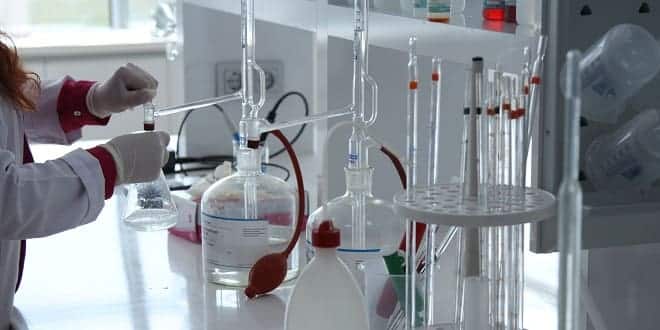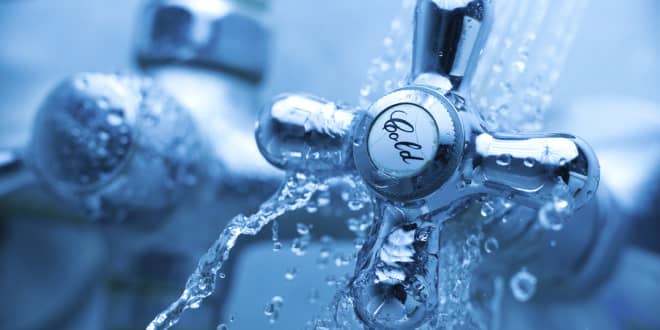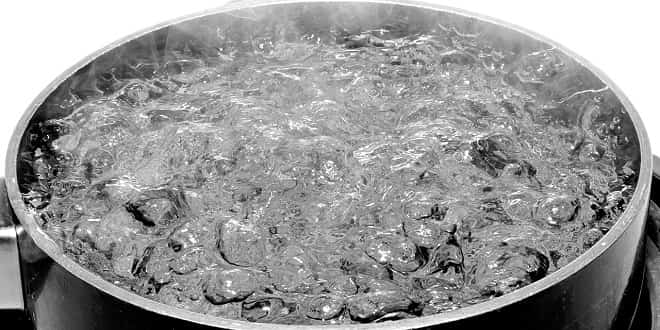Experiment 9 – Total Hardness with EDTA Method ( Kenan ÖZ )
Name of Experiment : Total Hardness with EDTA Method
Number of Experiment : 9
Submitted by : Kenan ÖZ
PURPOSE:
– To determined total hardness of water with EDTA Method.
THEORY:
Water Hardness and Alkalinity
It may be that your water hardness and alkalinity are perfect for discus but unfortunately this is not always the case. It is far easier to adjust hardness and alkalinity upwards as when keeping hard-water fishes, but lowering these values is by no means impossible. It simply involves another step in the water conditioning process. Total hardness (general hardness) is the sum combination of carbonate and noncarbonate hardness of your water. Total hardness is measured as, degrees, dH, or ppm (parts per million). One dH is 17.9 ppm. How total hardness is expressed depends upon the author and his orientation. I prefer dH simply because as a discuskeeper, I like to see smaller
numbers when I am measuring water hardness! If I were keeping African cichlids I might prefer to measure my water's hardness in ppm. Total hardness is usually not a big issue in keeping discus; alkalinity is a far more important factor in the breeding of discus. Alkalinity is sometimes referred to as carbonate hardness(KH)or buffering capacity. Alkalinity is the important factor in breeding discus and controlling the pH of the water. Alkalinity refers to the level of calcium, carbonate and bicarbonate in the water. It is measured in KH or mg/L CaCo3 or parts per million. One milligram per liter (mg/L) is the equivalent of one part per million. Soft water is 3dH and 0 to 50 mg/L CaCo3; medium soft water is 3 to 6 dH and 50 to 100 mg/L CaCo3; slightly hard water is 6 to 12 dH and 100 to 200 mg/L CaCo3; moderately hard water is 12 to 18 dH and 200 to 300 mg/L CaCo3; hard water is over 18 dH and over 300 mg/L CaCo3. The values for general hardness and alkalinity given above
do not always match each other. It is entirely possible to have a higher reading of general hardness and a lower reading of alkalinity. The lower reading for alkalinity is the more desirable for discus water. Discus will do quite well in slightly to moderately hard water. In fact, many breeders routinely keep their fish in these values to ensure proper development of the young fish, but for development of the eggs, soft to moderately soft water, particularly concerning alkalinity is critical. Therefore, it is not necessary to drastically adjust the general hardness or alkalinity when you first start to keep discus unless the values are very high.
…




